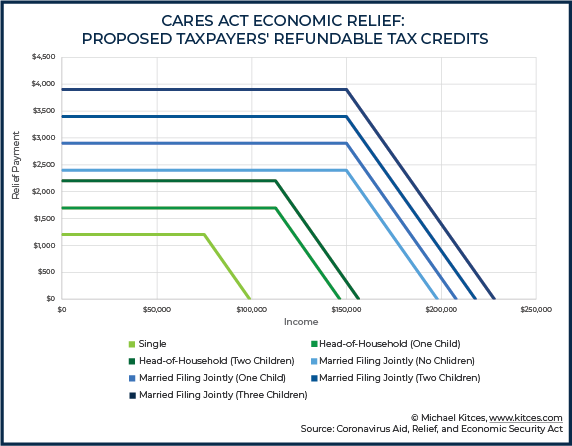How President Biden’s New Tax Plan Could Affect You
With one of the most contentious elections in history behind us, President-elect Joseph R. Biden, Jr. is set to take office on January 20. In anticipation of a new administration, high earners especially are left wondering how the Biden presidency would affect them financially? Until Biden takes office and begins enacting changes, we won’t know for sure what to expect. But based on his official campaign platform, past interviews, and projections, let’s look at the potential changes to come.
Expect Higher Taxes
Much of Biden’s tax plan focuses on raising taxes for high earners, corporations, and capital gains. In fact, it’s estimated that approximately 80 percent of tax increases would affect the top one percent of income earners.
Biden is projected to raise taxes for those earning over $400,000 annually, including individual income, capital gains, and payroll taxes. Households with an adjusted gross income of $400,000 a year or less could see less dramatic tax changes if any changes at all. Of course, presidential campaign promises might not mean much to a Democratic-leaning congress, so we’ll have to see where the legislation takes us.
Corporate Taxes May Be Raised
Under Biden’s proposed tax plan, corporate tax rates are expected to rise to 28 percent, up from the current 21 percent. Additionally, he may set a minimum tax of 15 percent on shareholders’ profits and increase the taxes on foreign earnings of companies overseas.
Real Estate Loopholes Could be Eliminated
If rumors that Biden may eliminate the Section 1031 like-kind exchange become true, real estate investors would lose the ability to utilize this common workaround for tax deferment.
These types of exchanges have taken place in the real estate industry for years and have been a part of the IRS code since 1921. Under current law, real estate investors can delay capital gains taxes when they sell properties and direct earnings into new investments if they follow the IRS’s regulations for eligibility for Section 1031 exchanges. It is hard to fathom changes to such a long-standing law, especially to such a vulnerable section of the economy when you think about commercial and residential real estate.
Reverses to the Tax Cuts and Jobs Act of 2017
The Tax Cut and Jobs Act of 2017 included several advantageous tax changes for high earners and business owners – including dropping corporate taxes from 35 percent to 21 percent. Biden is predicted to eliminate some aspects of the TCJA, likely reversing certain tax breaks for corporations and high-earners.
Raising of Estate and Gift Taxes
Biden has been cited as saying he’d likely restore estate and gift taxes to pre-TCJA levels. Any eligible assets gifted above that amount would likely be taxed at a rate of 40 percent – unless the Biden administration changes it otherwise. The Biden plan would also like to eliminate the basis step-up for inherited assets.
Timing is Everything
But will this happen, and when will all this happen and should investors be worried? At least some of the tax changes outlined above have a better chance of happening with a democrat-controlled house and Senate, but it is a narrow majority. It will be a wait-and-see game as much of the focus for 2021 will be on the pandemic and vaccination efforts. If the tax changes are passed, the larger and more important question is, “Will these tax measures happen in 2022, or will they be retroactive to the beginning of 2021?
In Conclusion
There are other items in addition to the economy and the pandemic at the top of the Biden agenda: civil rights, immigration, international relations, healthcare, the environment, and consumer protections. Keep in mind that in 2022, thirty-four in the Senate and all the 435 seats in the House of Representatives will be up for re-election. It will be a balancing act to see which of the wish list items make it to the top.
Stay tuned for more blogs to follow as we see the laws change.








